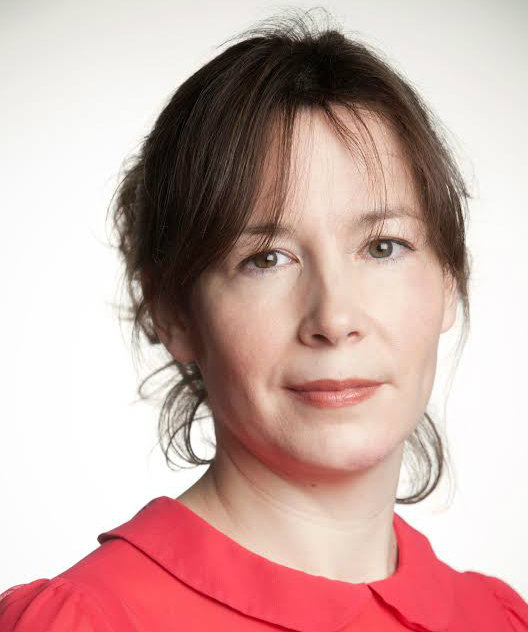Each Friday, Points North gives a senior media figure a platform to air their views on a topical or relevant issue.
This week it’s Lucy Sinclair, chief marketing officer at Johnston Press. Following the BBC’s controversial Future of News report, she insists that the big publishers are indeed committed to local news – but are having to adapt or die.
It was frustrating that, yet again, local media was forced to defend itself recently on the back of a rather vacuous report from the BBC.
I count myself very lucky to have worked at the Beeb for a number of years and am proud of what I achieved whilst I was there – being part of the launch teams of iPlayer, BBC Three, 6Music and the 2012 Olympics are all my career highs.
When the BBC first took a bold step into its digital future as far back as 1998 (when it launched BBC Choice) nobody accused Auntie of abandoning her analogue heritage – and there were few cries that TV was doomed as a result of this digital revolution.
Which is why I’m baffled that local media is so often on the wrong side of criticism as it now transitions from print to digital – plagued by comments that we don’t care about local journalism and are hastening its demise. And, like many others have already said, it’s not helped by reports – like the BBC’s – which peddle misinformation.
 Johnston Press and our counterparts at Newsquest, Local World, Trinity Mirror, Archant et al have faced some stark choices over the future of our businesses. We adapt or we die. It’s that simple. It doesn’t mean the end of print, it doesn’t mean we are less committed to local journalism, it simply means we are now multi-platform companies rather than print companies, with a plan to thrive.
Johnston Press and our counterparts at Newsquest, Local World, Trinity Mirror, Archant et al have faced some stark choices over the future of our businesses. We adapt or we die. It’s that simple. It doesn’t mean the end of print, it doesn’t mean we are less committed to local journalism, it simply means we are now multi-platform companies rather than print companies, with a plan to thrive.
Like all businesses (other than the BBC) we also all have commitments to banks, or shareholders, which means we also aim to make some money. That’s hardly unusual nor unexpected.
This is a hugely vibrant industry – bursting with passion and innovation – with so much to offer and many exciting opportunities ahead of us. Doing what we do, being local, is becoming ever more important to audiences and businesses, it’s a growing trend not a declining one.
It’s a very spurious argument to claim that connecting local communities is only valid or possible if it happens in one specific format, or in the ways and business models which worked in the 1990s… today’s media scene is unrecognisable from then, and so we have had to create modern media businesses that can be successful in today’s media and economic environment.
Local Newspaper Week this May will celebrate the ability of local news brands to make a real difference to the communities they serve through powerful and effective campaigning. The shortlist of entries last year was both moving and inspiring and should serve as a reminder to anyone who doubts the role of a news brand in its community.
It was heartening this week to see NCTJ students from across the local media industry being presented with awards for exceptional performance in the Diploma in Journalism exams. These young people haven’t just chosen a job, they – like so many of the journalists I’m lucky enough to work with – have found their vocation in our industry. As the BBC ought to know, today’s new brigade of creative talent doesn’t get their inspiration from printed paper – they create, curate and discuss interesting, relevant content and stories no matter what format or platform.
Our customers consume news and information in many different ways – and these NCTJ students will do their best to satisfy that appetite across whatever platforms happen to be around in 20 years.
Last week one of our brands, The Star in Sheffield, ran a story of not just local interest but of national importance on the back of a four-month investigation. It was an outstanding piece of journalism. The role of our titles – in print and online – remains so important. Holding those in local authority to account and delivering the best news and information to its local readers will be what continues to drive our news teams.
We need to move this discussion on now – and look at ways of working together with the BBC. We all have obligations to provide local news but, possibly by sharing content (BBC attributed but taken to market by us) those obligations can be met in ways that support this industry – not jeopardise it.
Or perhaps we should just look to those NCTJ students for the answers.
Lucy Sinclair is chief marketing officer at Johnston Press









